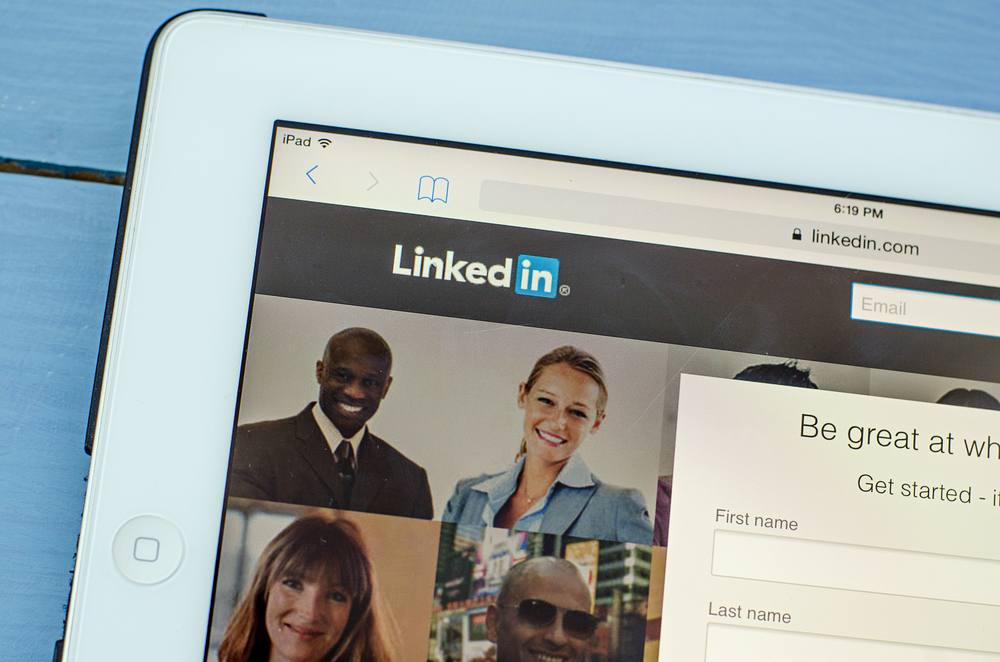LinkedIn released the 2019 Global Talent Trends report, an annual survey of hiring professionals which helps to inform how HR, talent acquisition and business leaders should approach their recruiting strategies for the coming year.
This year’s report focuses on the transition of the employer-employee power dynamic, giving way to a more transparent, trusting and reciprocal relationship through four new trends: soft skills, work flexibility, anti-harassment practices, and pay transparency.
Here’s what we found:
- Pay Transparency — 53% of talent professionals agree pay transparency is extremely important in shaping the future of recruiting and talent. Why? Our report found that 57% of respondents agreed the top benefit of sharing salary ranges is streamlining negotiations, making hiring faster and easier.
- Harassment — With more high profile sexual harassment cases taking over our airwaves, companies are feeling the pressure to respond. 75 percent of those surveyed noticed some change in workplace dynamics/culture over the last two years, and 80 percent said that their company has implemented some harassment prevention action in the last 12 months or is planning to.
- Workplace Flexibility — 72% of talent professionals agree workplace flexibility — the option for employees to work when and where they’d like — is extremely important in shaping the future of recruiting and talent. Companies that embrace work flexibility have a huge competitive edge and it’s happening — there has been a 78% increase in job posts, mentioning “workplace flexibility” since 2016.
- Soft Skills — With the rise of AI/automation changing the job market, 92% of talented professionals and hiring managers agree that candidates with strong soft skills are increasingly important. In fact, it could make or break of hiring the perfect candidate as 89% feel that “bad hires” typically have poor soft skills.
With employers being held to a higher standard and employees having access to more information into both the positives and the negatives of companies, more two-way conversations are being embraced—not just because it looks good, but because it’s good for business. You can read more about the findings here.
Methodology: Survey respondents are LinkedIn members who were selected based on information in their LinkedIn profile and contacted via email between September 18th and October 10th 2018. Behavioral insights for this report were generated from the billions of data points created by more than 590 million members in over 200 countries on LinkedIn today. This analysis was performed during October 2018.










